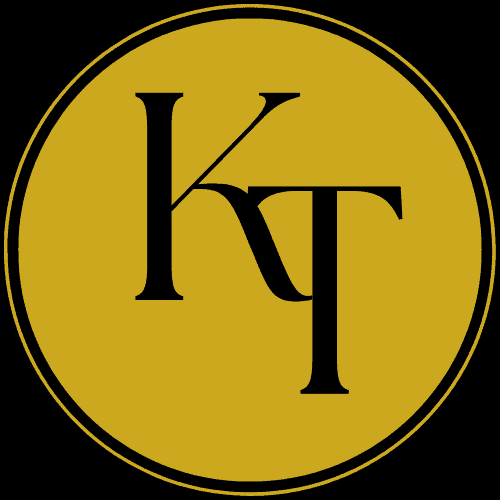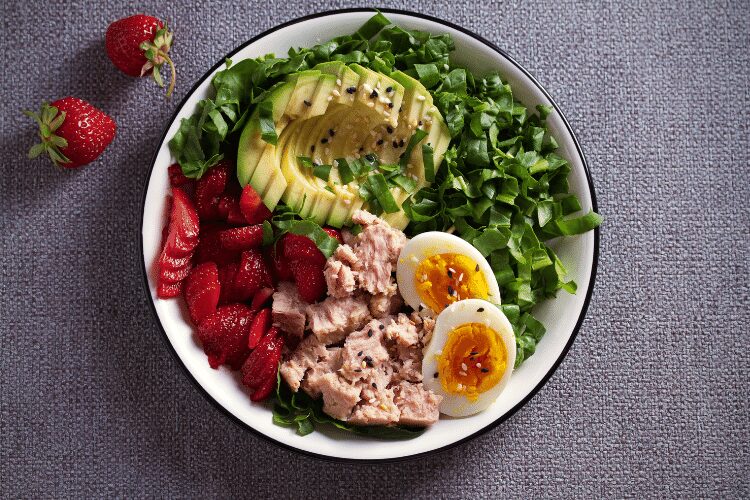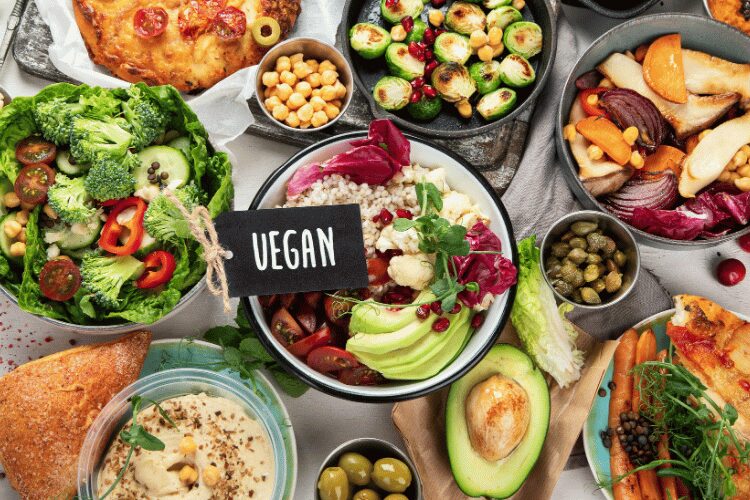
Veggies, grains, nuts, and fruits make up the majority of food items in a vegan diet, and also products derived from plants. All animal-based items, such as dairy, eggs, and honey are excluded.
What does a vegan mean?
A vegan or an individual doesn’t eat any animal products.
What does it mean to be a vegan?
Some people decide to follow vegan as a diet, while others choose them as a way of living. When it comes to their way of life, they even avoid animal-produced items and instead prefer apparel, accessories, and cosmetics that are vegan. For instance, you can purchase vegan eyeliner as many stores currently have these.
The vegan foods list includes:
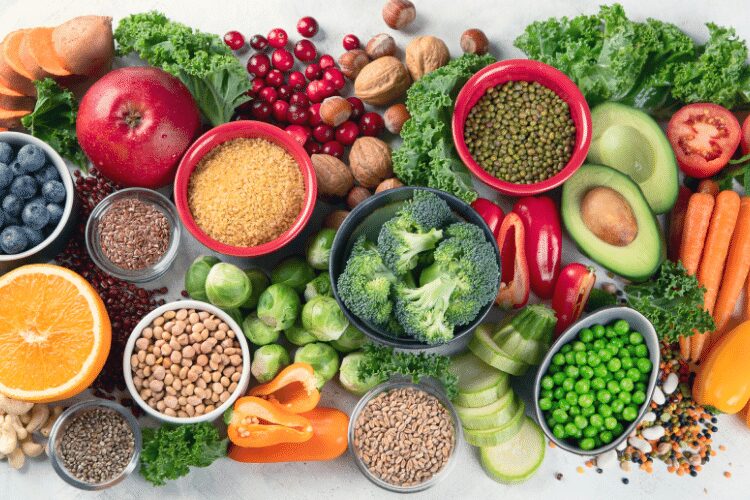
- Fruits such as bananas, berries, pomegranates, melons, apples, and oranges.
- Vegetables notably broccoli, turnips, sweet potatoes, and leafy greens (kale, spinach).
- Legumes which include lentils, peas, chickpeas, beans, and soybeans.
- Nuts and seeds such as almonds, hazelnuts, peanuts, and pistachios.
- Dairy substitutes which includes soymilk, coconut milk, and almond milk.
- Bread, cereals, pasta, quinoa, whole wheat, and whole grain brown rice.
- Tofu, tempeh, and natto.
- Seeds particularly sunflower, sesame, and their butter.
- Flax, hemp, and chia seeds.
List of Non-vegan foods that to be avoided :
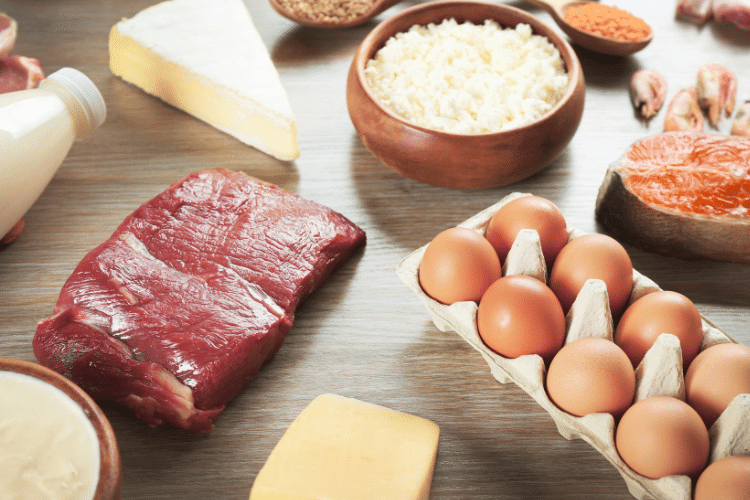
- Red meats that include beef, wild hog or pork, and lamb.
- Poultry such as chicken, turkey.
- Fish, clam, crabs, urchin and prawn.
- Eggs
- Dairy items consisting of cheese, yogurt, butter, milk, cream, and ice cream.
- Gelatin
- Honey
- Mayonnaise
When followed properly, a vegan diet can be quite nutritious in terms of vitamins A, C, E, and K, but cutting out animal products also means cutting out some sources of certain nutrients, so make sure to plan your meals accordingly to prevent nutritional deficiencies.
Nutrients that are low in a vegan diet include:
The manufacturing of red blood cells requires iron. Calcium is vital for keeping your teeth as well as bones healthy. Every chemical reaction in your body is powered by protein. By intaking foods that are high in protein, it provides your tissues and organs their structure, keeps you full, and helps you maintain healthy body weight. Vitamin B-12 keeps blood healthy and protects the nervous system’s functions from damages. Vitamin D guards against cancer as well as several additional chronic ailments. Zinc is essential for the immune system’s operation and the process of repairing DNA damage, and omega-3 fatty acids are needed for heart health and reducing the risk of heart disease.
Vegan foods to boost these nutrients include:
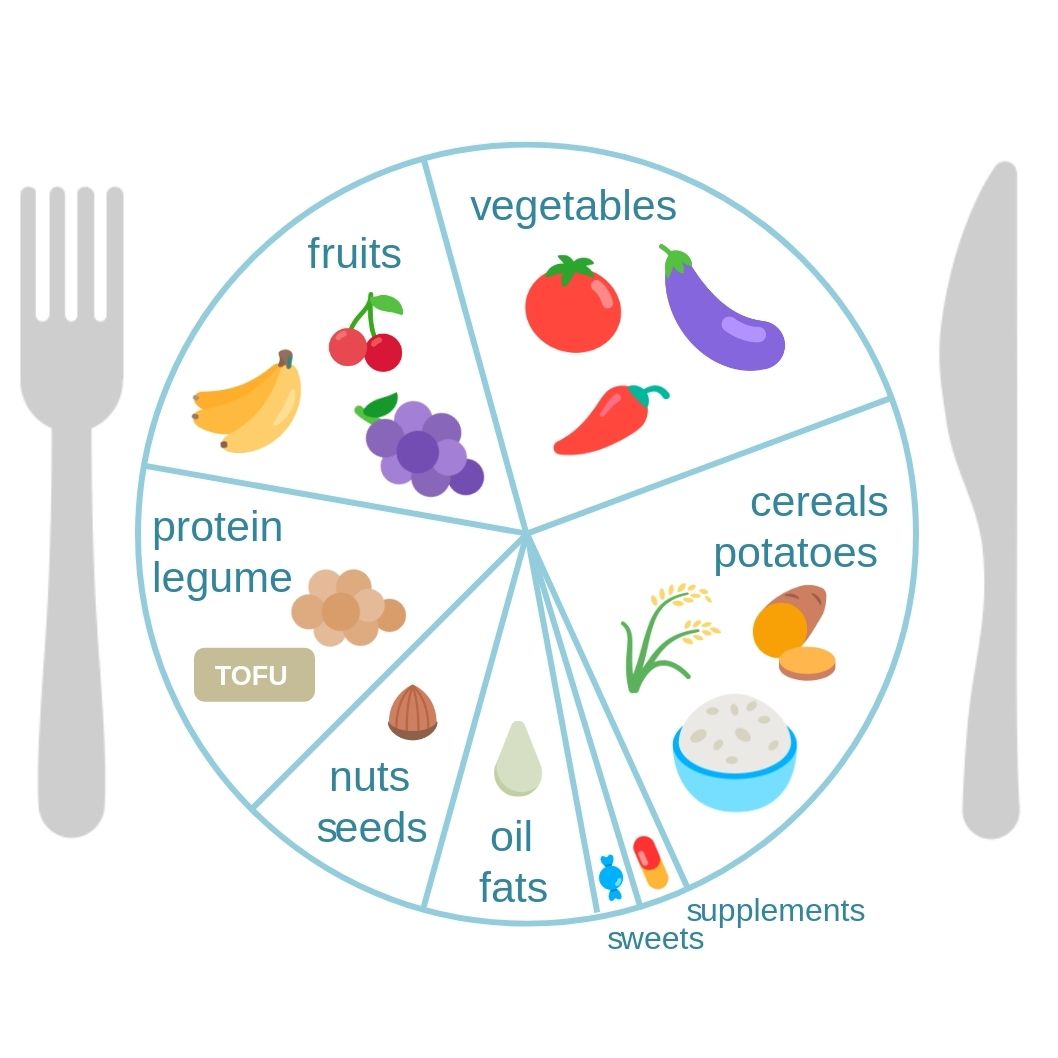
- Protein: Soy products, edamame.
- Calcium: Almonds, dried fruits (figs, raisins, apricots) and tofu.
- Omega-3 fatty acids: Linseed, chia seeds, vegetable oils.
- Iron: Pulses (red kidney beans, white peas), broccoli, fortified cereals.
- Vitamin D: Mushrooms, fortified products like orange juice. (Note: Normally vitamin D is produced in your skin when you are exposed to sunlight; so getting enough sunlight will increase this and if you are worried you can even intake supplements to increase)
- Vitamin B12: Foods that are fortified with vitamin B12 such as cereals. (Note: Animal products like meat, fish, and dairy serves the majority of sources for vitamin B12. It is very limited in plant sources, therefore if you’re a vegan, you’ll require a supplement)
- Zinc: Quinoa, pumpkin seeds, pine nuts.
Plus, foods like leafy greens and pumpkin seeds are one of the best vegan remedies for periods. If you consume cookies and candies that are vegan in excess of what is recommended, you risk gaining weight along with health issues.
Although it might seem tough, switching from animal-based foods to vegan foods like nuts, fruits, vegetables, tofu and coconut milk—the finest substitute for dairy products—and replacing honey with maple syrup is simple. The majority of the meals you already love are actually vegan; speaking of which, since India is already vegetarian, it is easy to come across additional vegan dishes there. To whet your appetite, the following is a list of Vegan foods in India you shouldn’t miss when you travel to India.
Vegan diet Benefits:
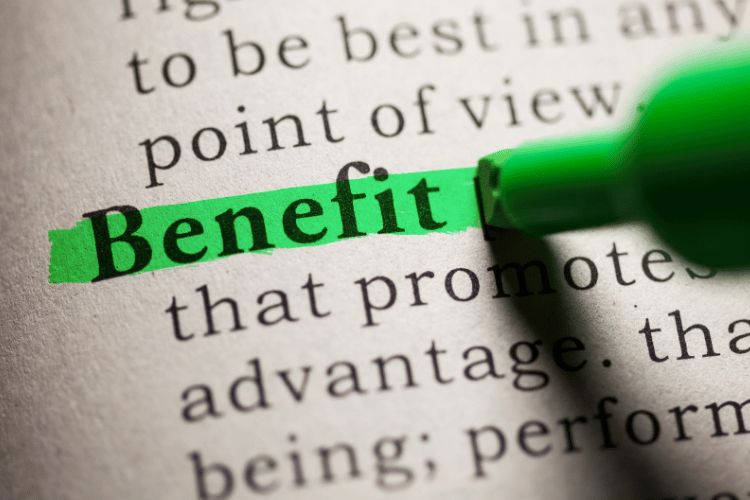
- Compared to people who eat foods made from animals, vegans experience better heart health.
- It helps to keep cholesterol levels in a healthy range and lowers the chance of developing diabetes and several types of cancer.
- Since the diet is primarily plant-based, the food helps in gaining nourishment.
- Another advantage of the vegan diet is weight control which promotes a healthy lifestyle. So, for those who want to lose weight, this could be a great option.
However, if you have any health issues, are pregnant, or have recently given birth or breastfeeding, talk to your doctor before starting a vegan diet to ensure that you are getting enough vitamins and minerals to support the development of your baby’s growth.
Questions Related to vegan diet:
Is vegan food healthy?
Yes, vegan diets are healthy and it leads to a better life when you plan your meals right way. It even reduce the risk of certain diseases.
Is egg vegan food?
No, as it is derived from chicken, egg is not a vegan food.
Any vegan foods for hair growth?
Some of them are avocados, broccoli, barley, spinach and other leafy greens.
